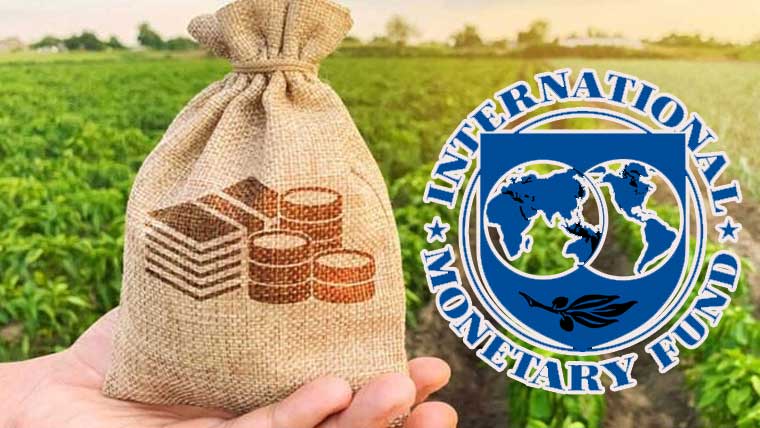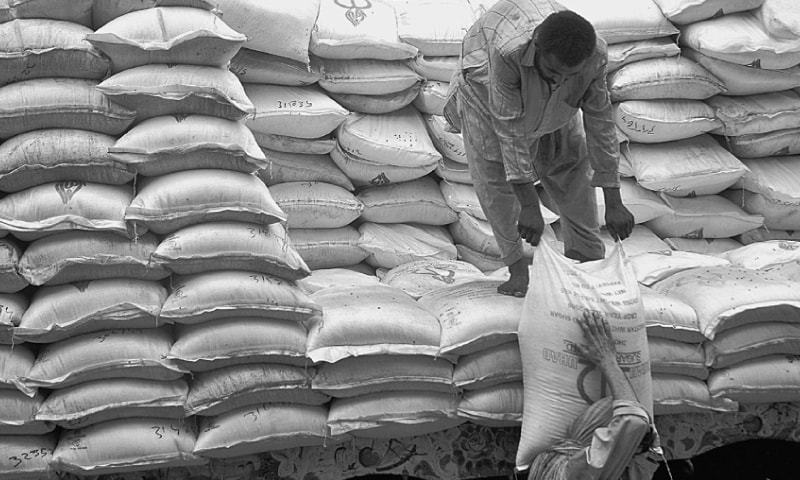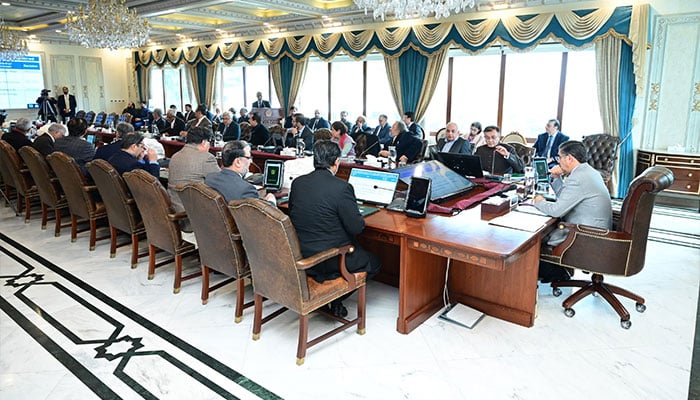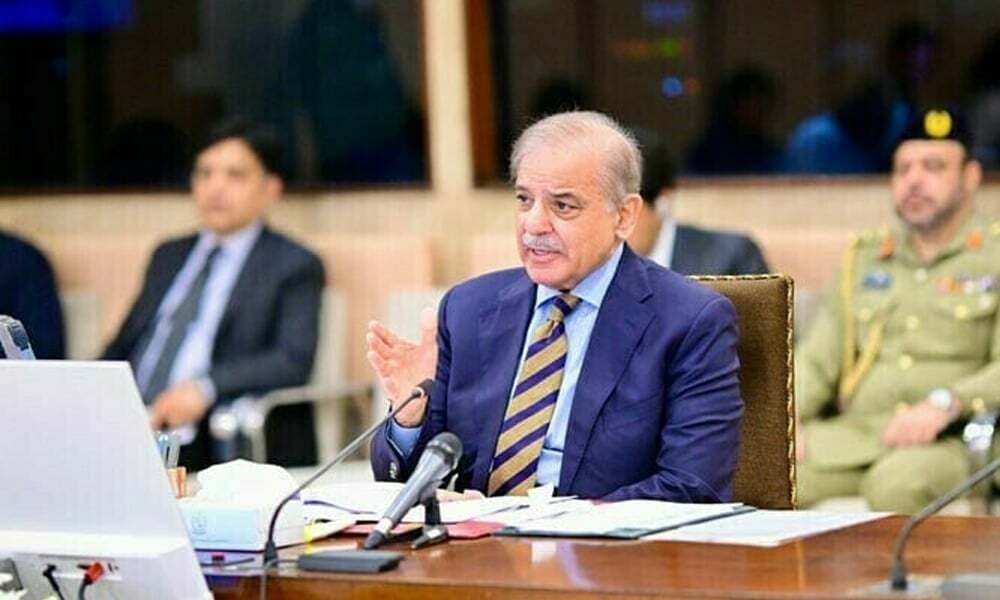Aqeel Haider
The implementation of the International Monetary Fund’s (IMF) condition to impose income tax on agricultural income has been delayed, making it unlikely to take effect in January 2024. Sources report that provinces will begin imposing the tax under the National Fiscal Pact starting in July 2025. Meanwhile, the federal government has sought additional time from the IMF to fulfill this requirement.
Under the National Fiscal Pact, provinces were tasked with legislating and implementing taxes on agricultural income by October 30, 2024. However, no province has completed the required legislation. This failure contradicts the IMF’s expectation of implementing the tax by January.
The IMF’s conditions include taxing small farmers at the federal income tax rate and commercial farmers at the federal corporate income tax rate. Despite these clear requirements, the provinces remain unprepared, with formal implementation instructions yet to be issued.
The federal government has requested more time from the IMF to address these delays. However, this setback may complicate Pakistan’s future negotiations with the IMF, as the implementation of tax reforms is a critical part of the loan program agreements.
The delay could also impact the Ministry of Finance’s efforts to demonstrate progress on expanding the tax net. Without timely action, Pakistan risks financial instability, reduced investor confidence, and challenges in securing international financial support.
Agriculture, a significant contributor to Pakistan’s GDP, has traditionally been exempt from taxation. The IMF’s push for agricultural income tax aims to create a fairer tax system and increase revenue. However, resistance from provincial governments and political hurdles continue to impede progress.
The Ministry of Finance must now focus on aligning provincial and federal policies to meet the new July 2025 deadline. Legislative action, stakeholder engagement, and transparent communication will be essential to fulfilling Pakistan’s commitments to the IMF.




